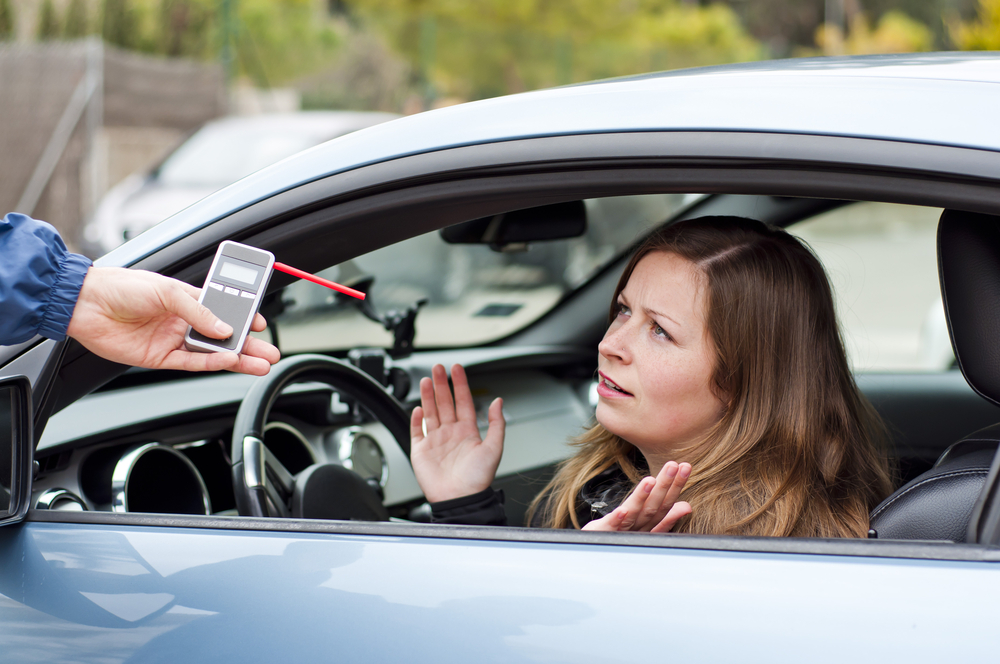
If a police officer asks you to take a field sobriety test after pulling you over, your decision about taking the field sobriety test is not mandatory in Texas. You have the right to refuse to participate in these tests.
However, it’s important to understand that you may be subject to immediate consequences by refusing this test, including arrest. However, over the long term, your chances of avoiding a conviction on charges of DWI (driving while intoxicated) in Texas may improve by refusing the field sobriety test.
Challenges of Refusing the Field DWI Tests
Although there is no mandatory requirement to take field sobriety tests in Texas, it can feel mandatory. Police officers who pull you over may tell you that taking the test is in your best interest. They may say that you will be subject to immediate arrest if you do not take the test.
Most people will hear this and follow the officer’s requests. It is natural to want to follow the police officers’ requests.
Automatic License Suspension
If you refuse the field sobriety test, you will face a suspension of your driver’s license. This suspension will last six months or longer, according to Texas Transportation Code § 724.015. It will remain in place regardless of whether you later receive a DWI conviction.
However, should you face a license suspension by refusing the field sobriety test, you may be able to participate in Texas’ Administrative License Revocation (ALR) Program. In this program, you may be able to request a hearing to contest your suspended license. Your DWI attorney in Texas can represent you during this hearing.
What Are Field Sobriety Tests?
When a police officer pulls over a driver and suspects that the driver may be under the influence of alcohol or drugs, the officer will ask the driver to participate in field sobriety tests. These tests attempt to determine whether the driver’s level of impairment should lead to further tests and potential DWI charges.
State and national standards for performing field sobriety tests include a few specific techniques. Police officers must have the proper training to administer the tests with the correct technique. They must know what signs to look for from the driver to indicate an illegal level of impairment.
Eye Movement
An impaired driver’s eyes will move unsteadily. The officer may ask the driver to follow a moving object using the eyes only without moving his or her head. The officer is looking for unsteady eye movement.
Walking Steadily
Officers will ask the driver to walk back and forth in a straight line, taking a specific number of steps and moving the feet in a certain way. This act shows whether the driver can follow and comprehend directions and walk steadily. Failure to do so is a sign of impairment.
Balancing on One Leg
Police officers can measure the driver’s potential level of impairment by having the driver stand on one leg for several seconds. An impaired driver may have issues with balance.
How Officers Use the Information From the Field Sobriety Tests
Field sobriety tests do not provide specific, measurable evidence that indicates the driver’s level of impairment. Should police determine that field sobriety tests indicate impairment, they then typically will administrate a blood alcohol concentration (BAC) test to measure the driver’s level of impairment.
Even if you choose not to comply with the police officer’s request for a mandatory field sobriety test in Texas, the officer still can arrest you and use a blood draw to take a BAC measurement. This type of BAC measurement is mandatory in a few circumstances, including:
- Being involved in an accident with physical injuries
- Being involved in an accident with fatalities
- Having previous DWI convictions on your record
- Having a minor in the car at the time the officer stopped you
Gathering Evidence Against You
Because the field test does not provide a specific BAC measurement, the observations the police officer makes in the field are not precise. However, the prosecution still may use the officer’s observations as part of the case it presents against you during a trial regarding your DWI charge.
When an officer requests that you participate in field sobriety tests, the officer already suspects impairment. By taking these tests, you are providing additional evidence that prosecutors can use against you at trial. When you refuse to take the test, you are forcing prosecutors to find other types of evidence to use against you.
It is important that you understand that the refusal to participate in field sobriety tests will result in immediate consequences for you.

Let Us Help You Fight Against Your DWI Charges
Regardless of whether you participated in the field sobriety tests, once you are facing charges of DWI in Texas, you may want to hire our legal defense team. We will work tirelessly to try to help you avoid conviction or to see a reduction in your charges.
For a free consultation about your case, call the Law Offices of Randall B. Isenberg today at (214) 696-9253.










